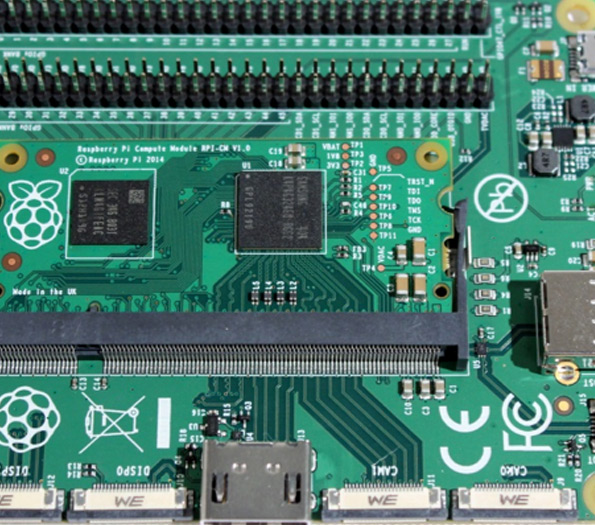Tempered Glass Quality Ensuring Safety and Performance
Tempered glass, a type of safety glass processed by controlled heating and rapid cooling, has gained significant popularity in various applications due to its excellent strength and safety properties. This article delves into the factors that determine the quality of tempered glass and highlights the importance of ensuring its performance and safety standards.
The quality of tempered glass is primarily determined by two key parameters the heat treatment process and the raw material quality. During the heat treatment process, the glass is subjected to high temperatures (usually around 620 degrees Celsius) followed by rapid cooling. This process enhances the glass's strength by up to five times its original value, making it much more resistant to impact and breakage.
Raw material quality is another crucial factor that affects the quality of tempered glass. High-quality raw materials, such as clear, pure, and uniform glass, are essential for producing high-performance tempered glass. Contaminants, such as iron and nickel particles, can significantly reduce the glass's transparency and strength, leading to poor quality. Therefore, it is essential to use high-quality raw materials to ensure the desired performance and safety standards of tempered glass Therefore, it is essential to use high-quality raw materials to ensure the desired performance and safety standards of tempered glass

Therefore, it is essential to use high-quality raw materials to ensure the desired performance and safety standards of tempered glass Therefore, it is essential to use high-quality raw materials to ensure the desired performance and safety standards of tempered glass
 tempered glass quality
tempered glass quality.
In addition to the heat treatment process and raw material quality, other factors that can affect the quality of tempered glass include the production equipment, process control, and quality inspection. Advanced production equipment and precise process control are necessary to ensure consistent quality and performance of tempered glass. Moreover, regular quality inspections throughout the production process are crucial to identify and address any potential issues promptly, thus maintaining the desired quality standards.
The performance and safety of tempered glass are of utmost importance in various applications, including architectural glazing, automotive windshields, and solar panels. To ensure the desired performance and safety standards, it is essential to carefully select high-quality raw materials, implement advanced production techniques, and conduct rigorous quality control measures. By doing so, manufacturers can produce top-notch tempered glass that not only meets but exceeds industry standards, providing added peace of mind for users and stakeholders alike.


 Therefore, it is essential to use high-quality raw materials to ensure the desired performance and safety standards of tempered glass Therefore, it is essential to use high-quality raw materials to ensure the desired performance and safety standards of tempered glass
Therefore, it is essential to use high-quality raw materials to ensure the desired performance and safety standards of tempered glass Therefore, it is essential to use high-quality raw materials to ensure the desired performance and safety standards of tempered glass tempered glass quality.
In addition to the heat treatment process and raw material quality, other factors that can affect the quality of tempered glass include the production equipment, process control, and quality inspection. Advanced production equipment and precise process control are necessary to ensure consistent quality and performance of tempered glass. Moreover, regular quality inspections throughout the production process are crucial to identify and address any potential issues promptly, thus maintaining the desired quality standards.
The performance and safety of tempered glass are of utmost importance in various applications, including architectural glazing, automotive windshields, and solar panels. To ensure the desired performance and safety standards, it is essential to carefully select high-quality raw materials, implement advanced production techniques, and conduct rigorous quality control measures. By doing so, manufacturers can produce top-notch tempered glass that not only meets but exceeds industry standards, providing added peace of mind for users and stakeholders alike.
tempered glass quality.
In addition to the heat treatment process and raw material quality, other factors that can affect the quality of tempered glass include the production equipment, process control, and quality inspection. Advanced production equipment and precise process control are necessary to ensure consistent quality and performance of tempered glass. Moreover, regular quality inspections throughout the production process are crucial to identify and address any potential issues promptly, thus maintaining the desired quality standards.
The performance and safety of tempered glass are of utmost importance in various applications, including architectural glazing, automotive windshields, and solar panels. To ensure the desired performance and safety standards, it is essential to carefully select high-quality raw materials, implement advanced production techniques, and conduct rigorous quality control measures. By doing so, manufacturers can produce top-notch tempered glass that not only meets but exceeds industry standards, providing added peace of mind for users and stakeholders alike.